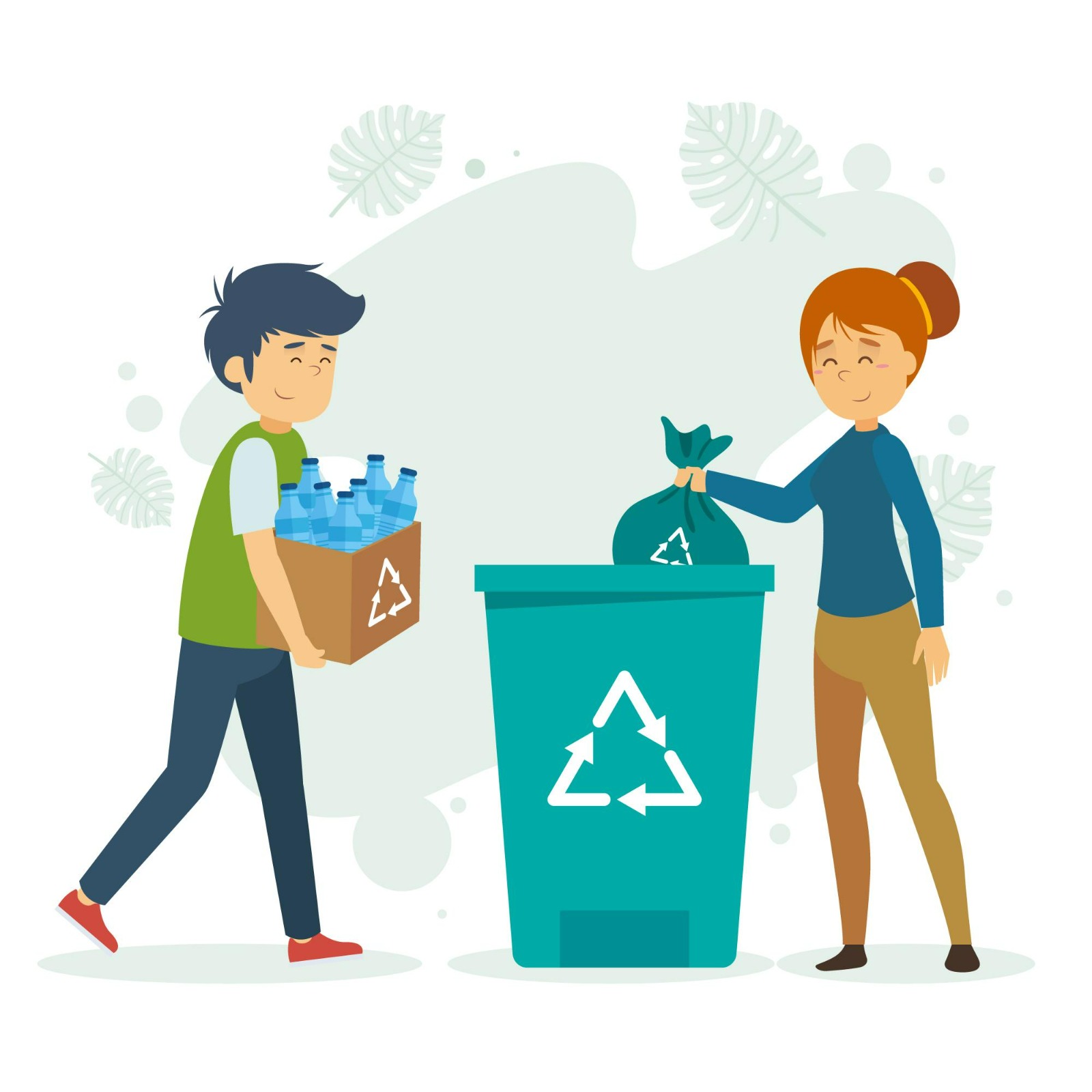Zero waste is a concept and a movement that aims to minimize the amount of waste generated by individuals, communities, and businesses. The goal of zero waste is to create a waste-free environment, where all resources are used in a sustainable manner, without creating any waste that ends up in landfills or pollutes the environment.
Zero waste is achieved through a combination of reducing the use of disposable products, reusing items, recycling, and composting. Some of the key practices in the zero waste movement include:
- Reduce: Minimize the use of single-use and disposable items, such as plastic bags, water bottles, and takeaway containers.
- Reuse: Find new ways to use items, rather than buying new ones, such as refillable water bottles, reusable grocery bags, and cloth napkins.
- Recycle: Properly recycle items that can’t be reduced or reused, such as paper, glass, and metal.
- Compost: Turn organic waste into fertilizer by composting food scraps, yard waste, and other organic materials.
By implementing these practices, individuals and communities can significantly reduce the amount of waste they generate, conserve resources, and protect the environment. The zero waste movement also encourages people to think critically about the impact of their consumer choices and to consider the life cycle of products, from their production to their disposal.


